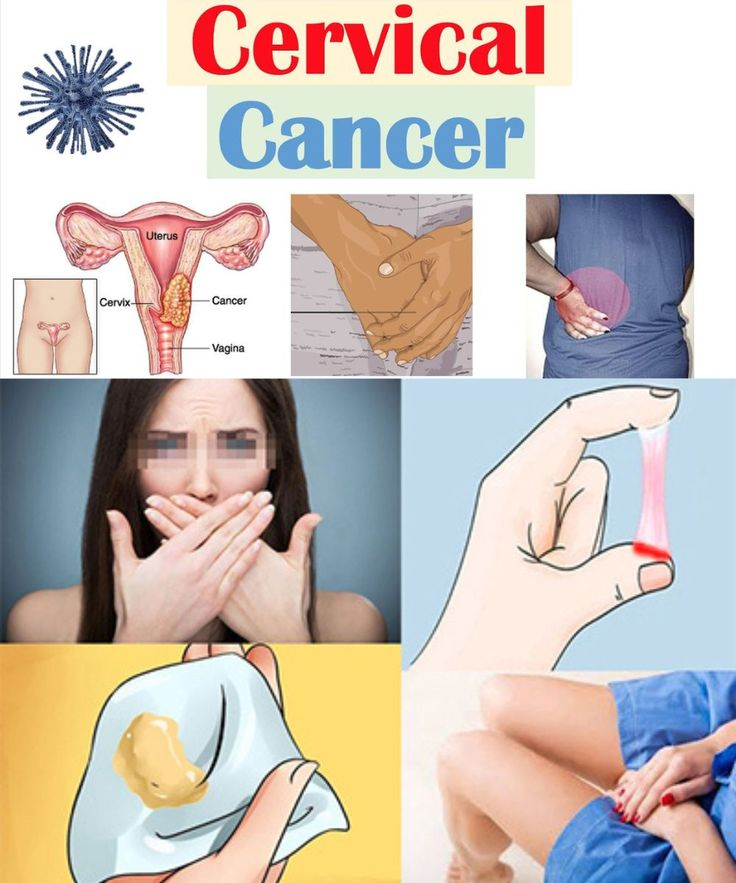Your uterus is not just central to reproduction—it’s a mirror of your overall health. Often, signs of uterine imbalance or distress can be subtle and easy to miss. Many women brush these symptoms aside, thinking they’re “just normal.” But in reality, your body could be trying to tell you something important.

Ignoring early symptoms might lead to complications like fibroids, endometriosis, hormonal issues, or even fertility problems. Let’s take a closer look at 12 signs that may signal your uterus needs attention—and what to do if you recognize any of them.
Conditions like polycystic ovary syndrome (PCOS), thyroid problems, or uterine fibroids are often linked to these changes. While occasional variation is normal, consistent shifts should be discussed with your healthcare provider.
It may also be a sign of adenomyosis, fibroids, or hormonal imbalance. If your flow is interfering with your life or lasting longer than a week, it’s time to investigate the root cause.
Endometriosis, pelvic adhesions, and fibroids are common causes of severe menstrual cramps. Early diagnosis is key to managing these conditions before they affect your quality of life or fertility.
This type of discomfort can be linked to ovarian cysts, pelvic inflammatory disease (PID), or even structural abnormalities in the uterus. Don’t wait until it gets worse—early evaluation is crucial.
This symptom could be linked to endometriosis, fibroids, pelvic infections, or even anatomical issues. It’s not something to “tough out”—talk to your doctor about how to find relief and restore comfort.
While clear or white discharge is normal, yellow, green, thick, or foul-smelling discharge could suggest bacterial vaginosis, a yeast infection, or a sexually transmitted infection (STI). Treating it early can prevent complications and restore balance.
Fibroids or ovarian cysts may enlarge the uterus and cause urinary symptoms. These issues are treatable, but the earlier they’re caught, the better your outcomes may be.
Endometriosis, fibroids, and even uterine prolapse can radiate pain to the back. If your usual treatments aren’t helping or if your back pain worsens during your cycle, consider a uterine cause.
When your body loses too much blood, it can’t carry oxygen efficiently. This leads to exhaustion, dizziness, and weakness. Monitoring your energy levels in relation to your cycle may help uncover hidden uterine concerns.
Some women only discover these concerns during fertility testing. However, paying.